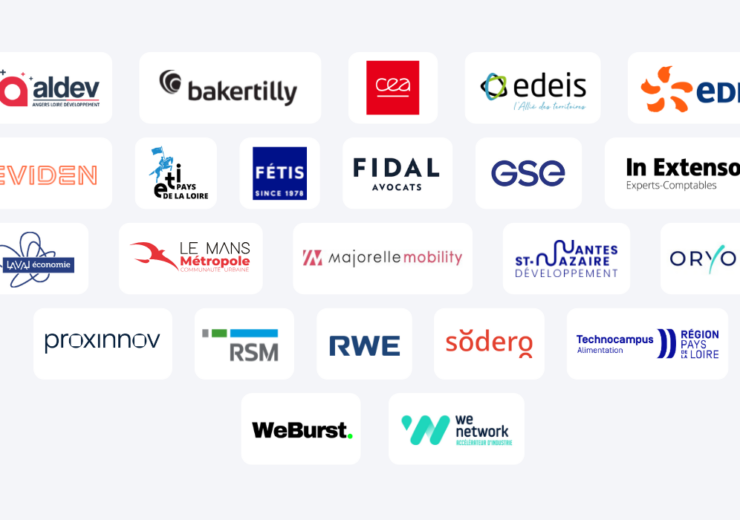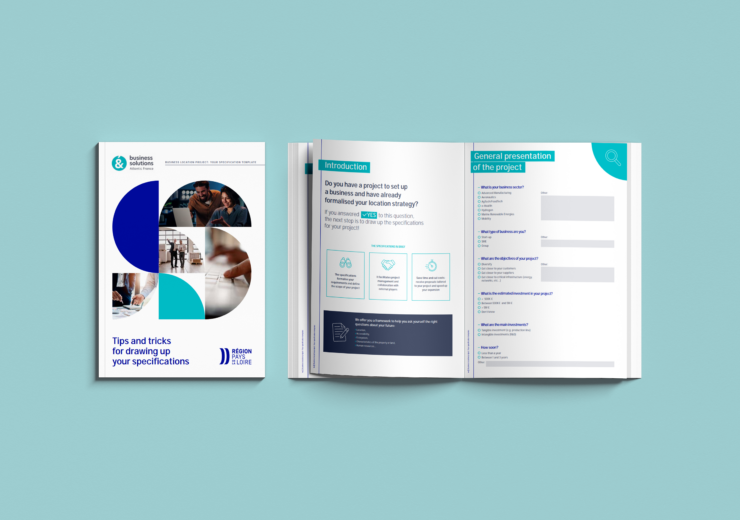For residents of the UK or the US contemplating expanding their business horizons to the European Union, this practical guide walks you through every crucial step of starting a business in France as an expat or non-resident—from choosing the right structure to navigating visa rules.
Beyond its rich cultural appeal, France offers strong economic stability, strategic EU access, and government-backed incentives—making it ideal for foreign entrepreneurs.
Why France is attractive for UK and US entrepreneurs
France’s economy is one of the strongest in the world, as reflected in its Gross Domestic Product (GDP). According to the IMF World Economic Outlook of 2024, the GDP is projected to be around $3,130 billion at current prices, positioning France as one of the world’s largest economies and the fourth most dynamic within the OECD. Furthermore, the country’s strategic location at the heart of Europe provides access to a market of over 500 million consumers within the European Union.
France also offers substantial governmental assistance, streamlining the process of establishing new businesses and reducing establishment time. It is a supportive environment for entrepreneurs, with subsidies and investment plans such as the France 2030 Investment Plan, which allocates 100 billion euros for economic development, including innovation and ecological transition.
Visa options to start your business in France as a foreigner
To start a business in France, you may need a business visa. Although the process is largely the same for all applicants, there are some key differences depending on whether you are from the Schengen area, the United States, or the United Kingdom.
Schengen area
If you are a citizen of a member country of the European Union, the European Economic Area, or Switzerland (Schengen area), you can set up a business in France without needing to apply for a business visa.
United Kingdom (post-Brexit)
Following the UK’s departure from the European Union, UK citizens require a long-stay Visa for entrepreneurs/independent workers. This visa is designed for individuals engaged in business or self-employment activities.
Those who were already residing in France prior to Brexit may wish to take advantage of the Settlement Scheme for British residents, which facilitates their stay and work in France. To do this, they will have to provide additional documentation proving their residence in France before Brexit.
Although the UK is no longer part of the EU, it still has specific bilateral agreements with France that can influence certain administrative and fiscal aspects. British citizens may have to adapt to new administrative requirements and regulations resulting from Brexit, but there may be transition agreements in some areas.
United States
US citizens require the same type of visa. The application must be submitted to the nearest French Consulate General located in your region of the United States, following embassy requirements and may take several weeks to process. It is recommended to start this procedure several months in advance of the planned relocation date.
A double taxation treaty between the United States and France ensures that US citizens are not liable to pay taxes on their income in both countries. It is important for Americans to be aware of the implications of the Foreign Account Tax Compliance Act (FATCA), which requires the reporting of foreign bank accounts.
It is of the utmost importance for both US and UK citizens to have the necessary documents, such as birth certificates or financial records, officially translated into French and, in some cases, apostilled for validity in France. The application should be submitted well in advance and may take several months to process.
Furthermore, it would be highly beneficial for both types of expats to prove they have sufficient funds to support themselves and their business in France for the duration of their residency.
Legal structures and compliance when launching a company in France
Choosing the business category
When establishing a business in France, it is essential to select the appropriate business category, as this will determine the structure of your company. The choice is based on several key factors, such as the number of partners, the level of personal asset protection, and investment expectations.
There are various legal forms to choose from, each with its own characteristics and legal requirements. The primary options are:
- Société anonyme (SA): recommended for large projects with the potential to go public, offers more complex structures, and higher legal requirements.
- Société à responsabilité limitée (SARL) and Société par actions simplifiée (SAS): suitable for projects involving more than one partner, these forms offer limited liability, making them a preferred option for larger projects requiring considerable investments.
- Entreprise unipersonnelle à responsabilité limitée (EURL) and Société par actions simplifiée unipersonnelle (SASU): these offer the advantage of limiting liability to the amount of contributions and allow the incorporation of partners without changing the legal structure.
- Entreprise individuelle (EI): ideal for those who wish to work alone, without creating a separate legal entity. It is simpler to manage but implies that your personal and business assets are the same, which increases personal risk against debts or claims.
Registering your business
Once you have selected the appropriate business category, the next step is officially registering your French company with local registries like the CFE platform—essential to operate legally within French territory.
The process differs slightly depending on the legal form, but typically includes the following steps:
- Preparation of the necessary documentation: this may include company statutes, proof of identity, and other relevant documents.
- Registration at the Centre de Formalités des Entreprises (CFE): CFEs are one-stop shops where company creation procedures are centralised. This is where you can register your business in the corresponding registries.
- Obtaining a tax identification number and social security number: these are essential for legal and administrative operations in France.
Regulated or unregulated business?
It is also important to understand the difference between regulated and unregulated businesses.
Regulated businesses include financial, medical, or legal services, which require specific licences and are subject to strict regulations. These sectors also encompass construction, hospitality, and education.
Foreigners wishing to work in these sectors must ensure their qualifications are recognised in France, obtain the necessary licences, and comply with local regulations to operate legally and avoid penalties.
In contrast, unregulated businesses offer greater flexibility and fewer procedures for establishment. Activities such as consulting, technology, small shops, and online sales do not require specific regulations beyond the general business and commerce regulations in France.
For foreigners, this means that they can start these businesses more simply and quickly, without the need for specific licences, allowing greater adaptability and flexibility in the operation of the business.
Key administrative processes for foreign nationals registering a french business
Necessary documentation
To register the company, the following documents will be required:
- Passport and birth and marriage certificates (if applicable).
- Proof of address (e.g. a utility bill).
- Certificates of your professional qualifications if they are required.
Choosing the company name
To verify the availability of your business name and ensure that it is unique and not registered by another company, consult the National Institute of Industrial Property (INPI)
Registering your business
To proceed with registration, visit the CFE corresponding to your business activity. This body facilitates communication with tax authorities and other necessary entities.
Starting January 2023, all procedures must be carried out online through the business formalities portal at Guichet Enterprises. Once the application is accepted, you will automatically receive the SIREN and SIRET numbers (see below).
SIRET, SIREN, and APE numbers
- SIREN (Système d’Identification du Répertoire des Entreprises): this 9-digit number is unique for each company and is used to identify it in all its interactions with public and administrative entities in France. It is the official identity of the company within the national directory.
- SIRET (Système d’Identification du Répertoire des Établissements): the 14-digit number is made up of the SIREN number and a NIC (Numéro Interne de Classement) of 5 digits. It is crucial, as it identifies each business location and is required on invoices and business documents. It specifically identifies each location or branch of the company within French territory. It is necessary for business transactions, such as invoicing and employee hiring.
- APE (Activité Principale Exercée): this code, consisting of four digits and one letter, describes and classifies the company’s principal activity according to a national standard. It is a valuable tool for statistical purposes and for ensuring that the company complies with the specific regulations applicable to its sector.
We know that starting a business in France as a foreigner is a challenge, which is why we are committed to providing you with the highest level of support from our team of experts.
Do you have any queries? Please do not hesitate to contact us.


 日本語
日本語  Français
Français 



